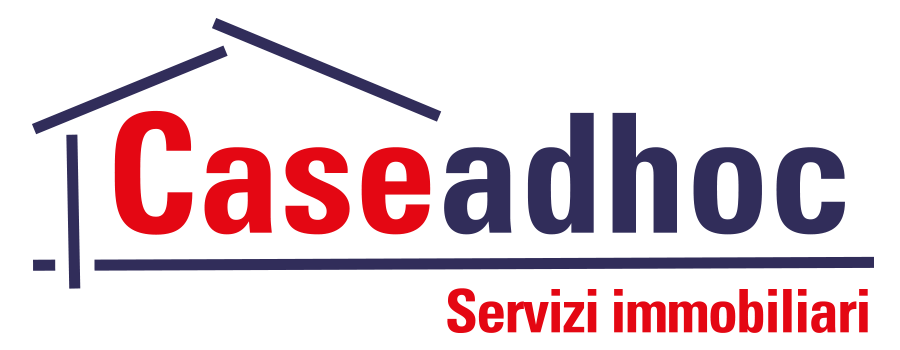THE CONDOMINIUM IS NOT A DETAIL!
We will never stop warning our customers of the importance of informing themselves about the condominium situation of the apartment they are interested in. The condominium is not a detail and its situation should not go unnoticed!

Often the entries of high amounts with the minus in front should put us on alert, but the confirmation is given by the indication "debt collection" on the condominium report.
But who exactly is a debtor condominium owner? and above all, who pays for him?
A condominium owner is in default if, despite any invitation to pay or proposal for installments, he does not pay the ordinary and extraordinary expenses due to the management of the property upon expiry of the payment terms which, as a rule, are immediate for condominium residences, unless otherwise specified.
According to the Law 220 of 2012, regarding article 63 of the implementing provisions of the Civil Code, there is a bond of solidarity between condominium owners. This means that any creditors, in an attempt to recover unpaid expenses from the defaulting owner, could recover from all the remaining condominium owners even if they are individually up with their payments. Once the debt has been paid to the creditor, the latter will then take action against the unpaying condominium owner.
However, in order for the creditor to be able to demand payment from all other condominium owners, he must demonstrate that he has attempted "with reasonable effort" to obtain the sum owed from the debtor.
In the presence of a defaulting owner, it is the condominium administrator who must take action to ensure that the debt is paid. To do so, you can follow a specific procedure to urge the condominium owner to pay the amount due (reminder letter, warning letter), until reaching the request for an injunction six months after the closing of the financial statements.
